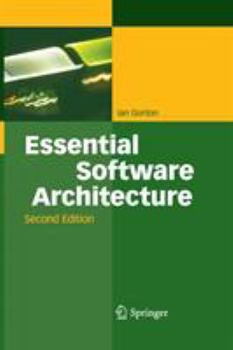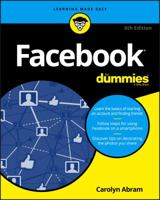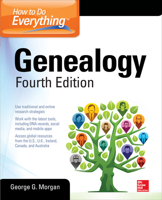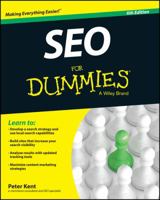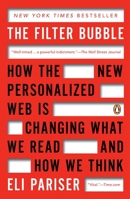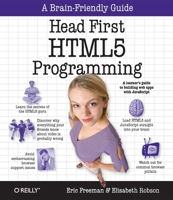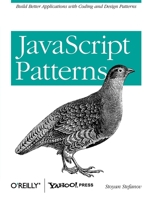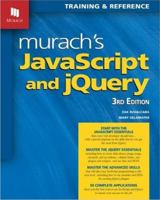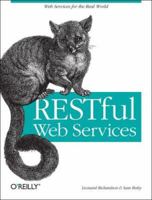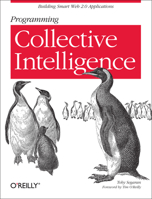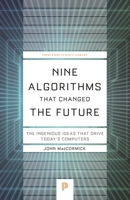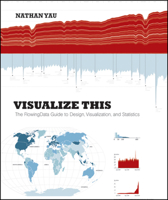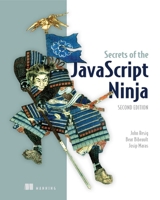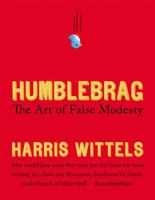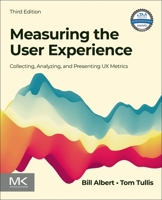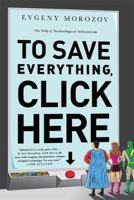Essential Software Architecture
Select Format
Select Condition 
Book Overview
You Might Also Enjoy
Customer Reviews
Rated 4 starsGood solid book on software architecture
This book was the textbook for a introduction course to software architecture. I found the textbook quite helpful in learning architectural principles. The core chapters of the book are the first 6 chapters, which provided a strong foundation of knowledge. Chapter 1 introduces the topic by discussing architecture definition, abstraction, views and non-functional requirements plus others. Chapter 2 introduces the study...
0Report
Rated 5 starsComplex and Useful
I found the subject matter of the book to be complex in a conceptual manner. Designing large systems is not simple because of the interaction between all of the subsystems that inter-relate to make the system work. I think the information is well worth the read because all good knowledge comes from cognitive work. I personally found that the best way to read this book was to relate that topics that were being discussed...
0Report
Rated 5 starsSee UML 2 applied to architecture specification
Get this book if you're interested in seeing UML 2 applied to software architecture specification. In any case, it gives a good overview of architecting with emerging technologies as well as state-of-the-industry middleware.
0Report
Rated 5 starsPractical and timely
My Master's project deals with Software Architecture best practices and I turned to this book to help formulate my thoughts. The chapter on Middleware architectures is a valuable read and serves as a unifying framework for thinking about middleware in the architectural sense. The case study used in the book is helpful as well. Overall, you will find this book an excellent introduction to Software Architecture (with a nice...
0Report
Rated 5 starsbook review -- essential software engineering
This book attempts to bridge the gap between the needs of professional software architects and the current body of knowledge in software architecture. It aims to convey the essence of architecture thinking, practices and supporting technologies and provides concise discussions about the issues, techniques and methods in architectural practices. It also describes and analyzes the general purpose component and middleware technologies...
0Report











